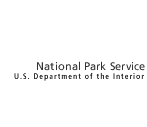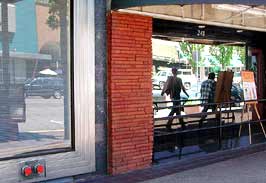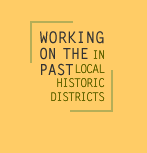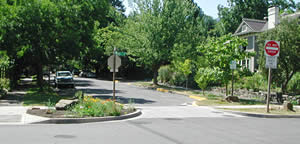 |
||||||





Despite a rapidly growing body of law dealing with the powers of local historic preservation commissions, there are troubling hints that in many communities existing commissions do not (because they cannot) do an adequate job of protecting local resources. There may be several reasons for such a problem:
ONE / A weak local preservation ordinance, which prevents the commission from protecting local resources adequately. This weakness may be of two primary types: ambiguity in language (often resulting from a failure to define key terms) or unnecessary restrictions in basic commission powers. Although there are now several published “model” preservation ordinances, review of an existing local preservation ordinance should always be undertaken by someone familiar with the body of existing case law in a specific state but also aware of national trends in local historic preservation programs.
TWO / Lack of staff support for the commission, which makes it difficult for the commission to issue suitable minutes, to draft certificates of appropriateness and to monitor work on approved projects. Adequate local staff is essential in order for a commission to produce the routine administrative paperwork that any responsible local governmental agency needs to prepare as evidence that it has followed required procedures and reached a clear decision.
THREE / An inadequate budget for the commission's work, which prevents staff and commission members from attending training workshops, national or regional or statewide preservation conferences, and makes subscribing to basic materials which might help the commission in its work difficult or impossible. The National Park Service and National Alliance of Preservation Commission have sponsored helpful statewide and regional training conferences, and the National Trust for Historic Preservation routinely includes in the program for its annual preservation conference several sessions for preservation commission members.
FOUR / Lack of support from a city or county attorney, meaning that challenges to the commission are weakly defended and that basic legal advice to the commission chairman, members and staff about the commission's powers and proper procedures for conducting hearings is unavailable. In extreme cases, a local attorney may have a personal bias that makes it impossible for this individual to provide objective advice, which accurately reflects existing case law.
FIVE / Political interference with the operations of the commission, perhaps taking the form of poor appointments to the commission or a tendency for the city council to overrule the commission almost automatically whenever an owner files an appeal to the council from a commission decision.
SIX/ The failure of commission members to understand the local preservation ordinance they administer and the appropriate role of the commission on which they serve.
| What can
be done about these problems? |
 |
The first approach to a solution is for local preservation leaders to assess the situation and try to identify the basic problem. (Some unfortunate commissions may exhibit all of the symptoms listed above, and help for these commissions will require some careful political groundwork over a period of many months or even years.)
• If a local ordinance is weak, it may be very difficult to strengthen the ordinance until the commission has shown that it can be a helpful player on the local scene. A city council is not likely to give additional powers casually to a commission, which has not yet proved its worth. Advice from the state Certified Local Government Coordinator can be extremely useful in alerting a commission to areas in which its ordinance is weak when compared to other ordinances in its state.
• Contacting a state Certified Local Government coordinator may also be a good way to learn about staffing and budgets for typical preservation commissions across a state. This statistical information can then be used locally to argue for stronger staffing and a more adequate budget for a commission.
  |
• Commission members, local preservation leaders and representatives of the press should be aware that in many smaller communities the city or county attorney fills this role on a part-time basis and may work on a contract arrangement. Political leaders may be reluctant to permit an expensive outside consultant to devote scarce time to preservation questions until they understand the risks of not providing necessary legal advice to the local commission.
• A beginning preservation commission must bear in mind the importance of its educational activities. Local property owners, the city attorney, and members of the city council must be reminded frequently of the purposes of the new preservation ordinance and the importance to the community as a whole of identifying and protecting its cultural resources. The commission must learn not to be shy about emphasizing its good work and pointing to obvious achievements.
• Each new member of a local preservation commission should be given basic materials to help that member do a better job as a commission member. Some commissions develop notebooks containing copies of state enabling legislation, the local preservation ordinance and any rules of procedure or design guidelines the commission may have adopted. A set of minutes from the commission's previous year may help orient a new commission member. Every effort should be made to convince a new commission member that he or she has serious responsibilities that will need to be addressed in a thoroughly professional manner.
---------------------------------
By Stephen Neal Dennis, Washington, DC. This material is based in part on a “Preservation Law Update” issued by the National Center for Preservation Law in 1989 (Update 1989-47, December 7, 1989).